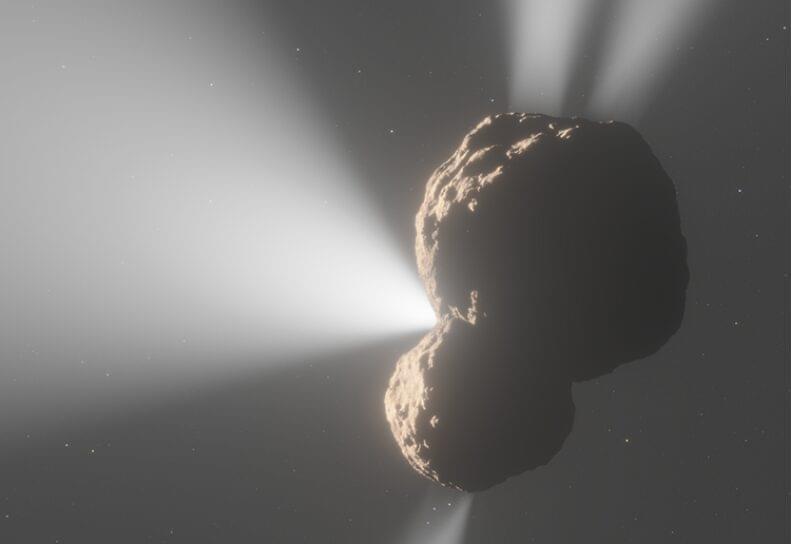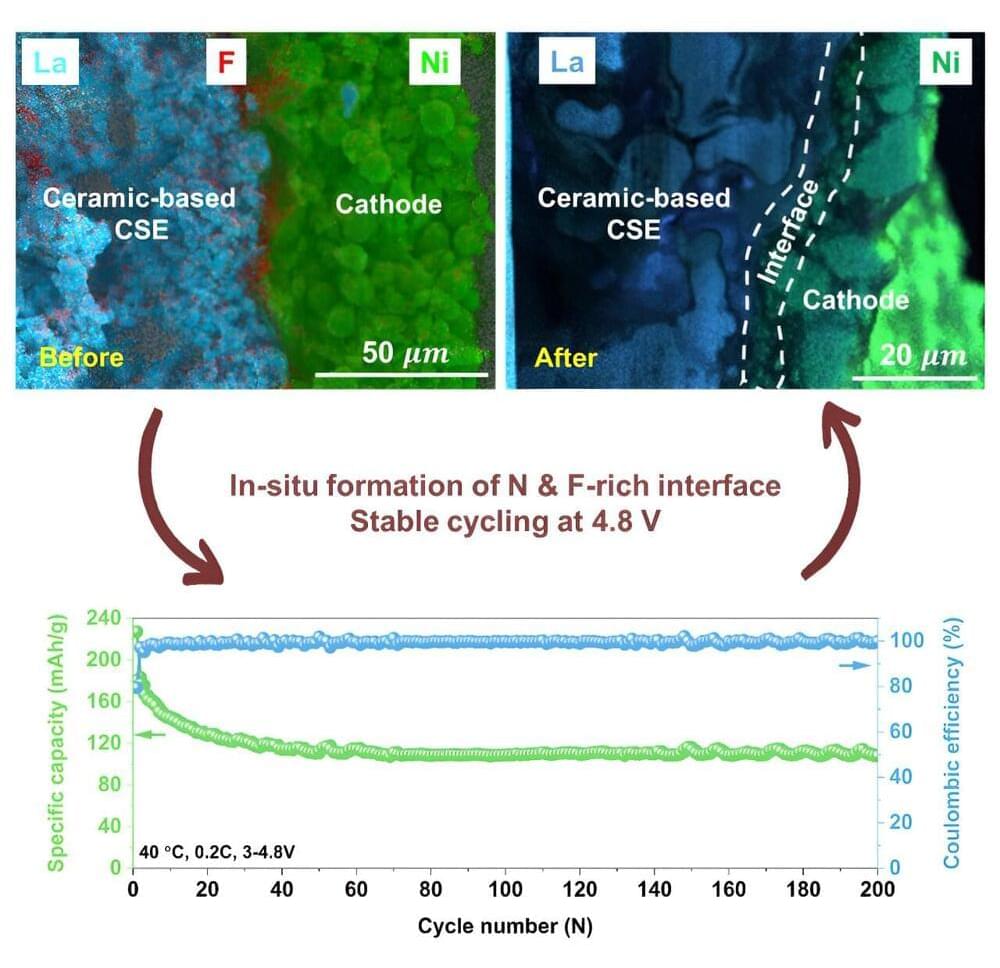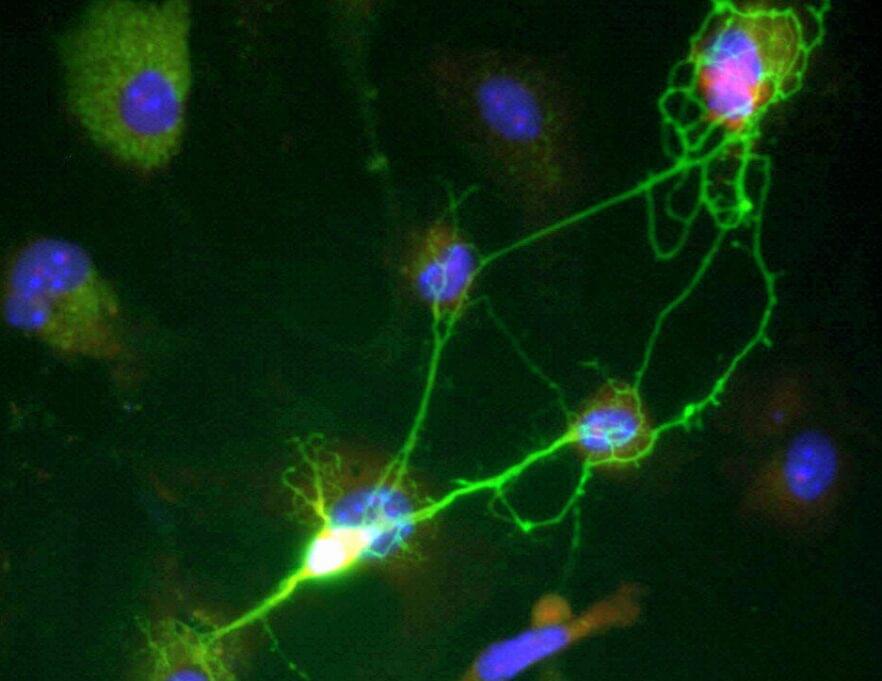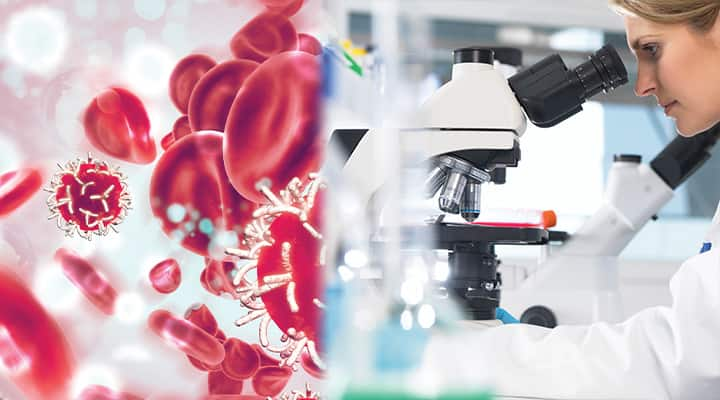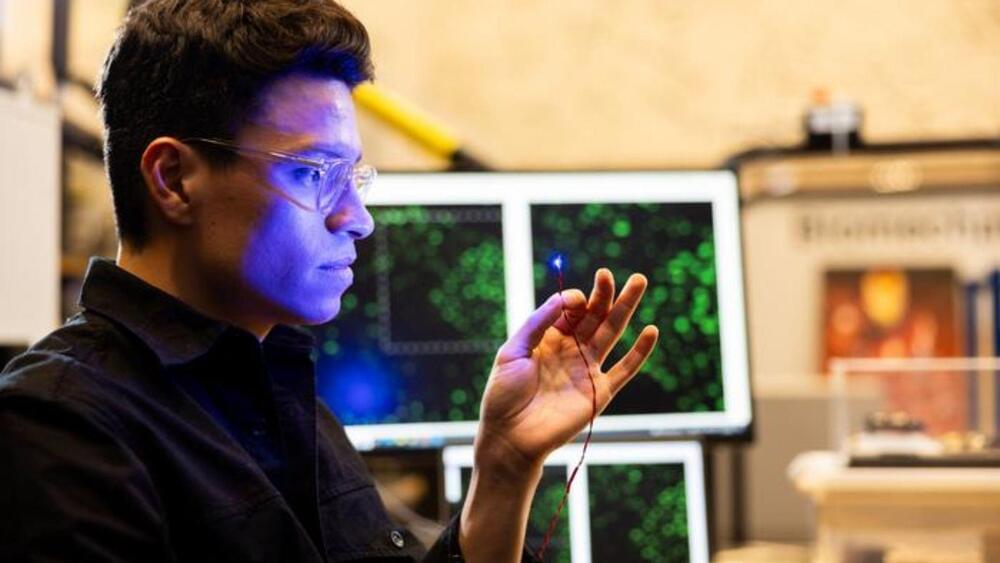Oct 25, 2024
‘Halloween Comet’ Tonight: How To Find It On Friday While You Still Can
Posted by Genevieve Klien in category: space
Comet’s distance from the sun: 75 million miles (121 million kilometers)
Comet’s distance from Earth: 71 million miles (115 million kilometers)
So far, the guiding lights to find the comet have been the bright planet Venus and the bright red star Arcturus. However, as October draws to a close, both are so close to the horizon an hour after sunset that they’re unlikely to be visible. So, instead, use the stars of the Summer Triangle to find the comet. Vega in the constellation Lyra should be easy enough to find above due west and, above it, Deneb in Cygnus.


